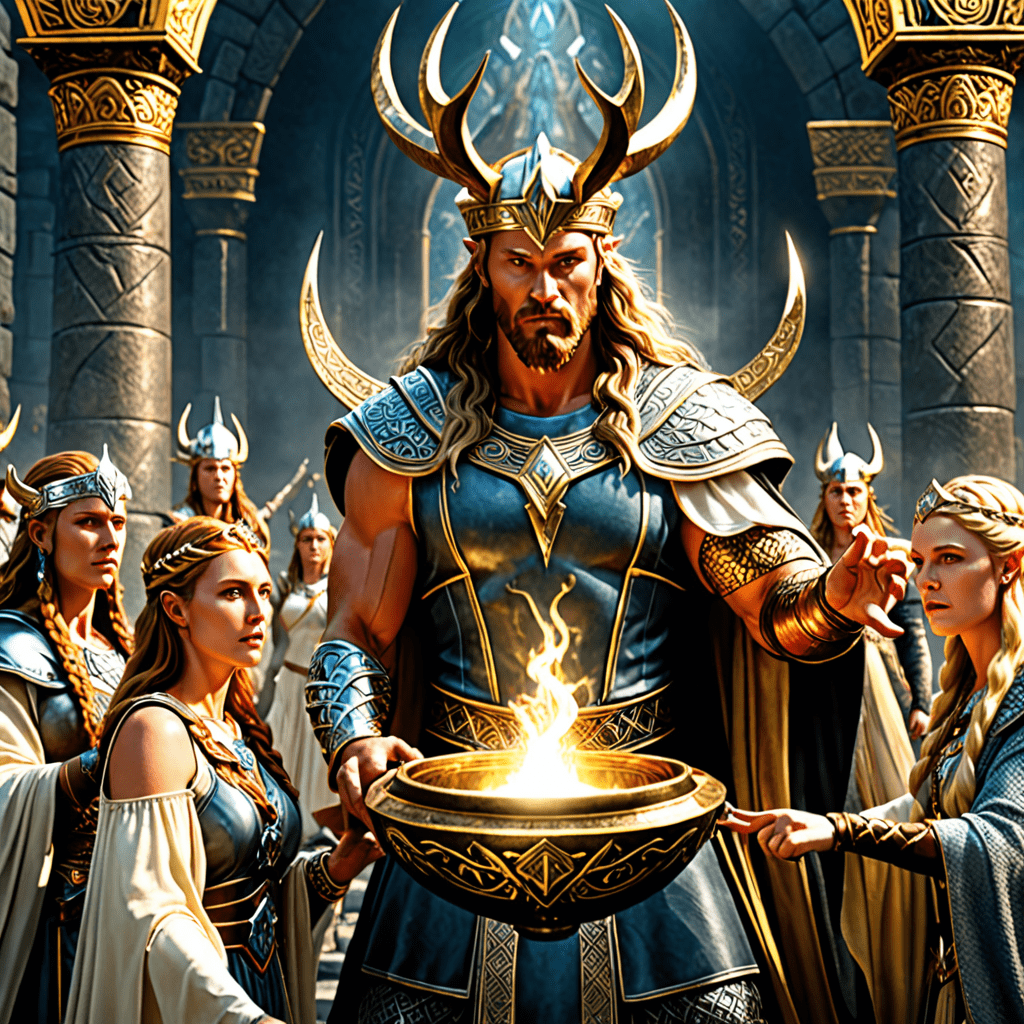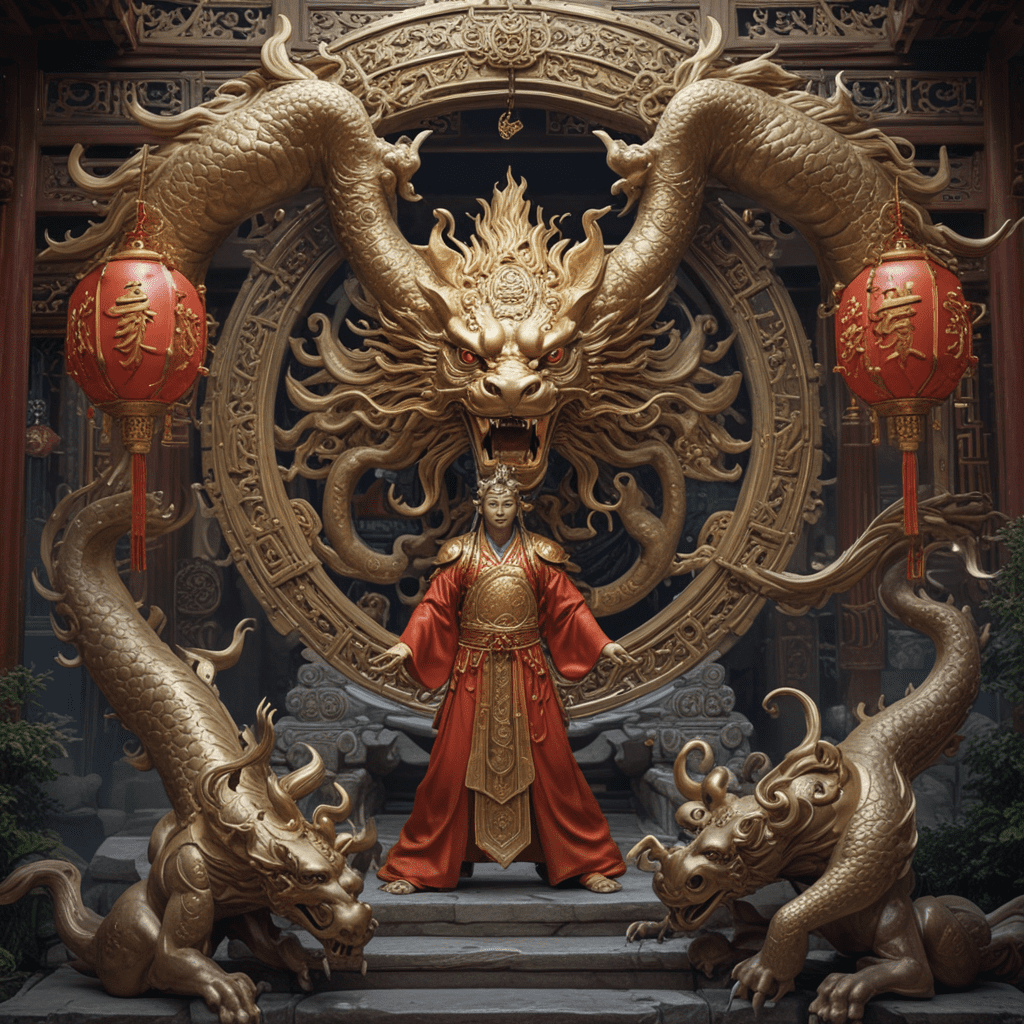The Role of Seers and Oracles in Norse Mythology
Seers and oracles held significant roles in Norse mythology, offering insights and prophecies that shaped the fate of gods and mortals alike. Let’s delve into the fascinating world of Norse seers and oracles.
Who Were Seers and Oracles in Norse Mythology?
In Norse mythology, seers, known as ‘volver,’ and oracles were individuals with the gift of foresight or the ability to communicate with the divine realms. They were revered for their supernatural abilities to perceive events before they occurred and provide guidance to the gods and humans.
Roles and Duties of Seers and Oracles
Seers and oracles played crucial roles in influencing major decisions and outcomes in Norse mythology. They were consulted by both gods and mortals for advice, foretelling of future events, and interpreting omens. Seers often acted as intermediaries between the worlds, offering glimpses of fate and destiny.
Notable Seers and Oracles in Norse Mythology
One of the most famous seers in Norse mythology is the goddess Frigg, wife of Odin. She had the ability to see the future but often kept her knowledge to herself, causing tragedy as she could not avert some of the fates she foresaw. Another well-known oracle is the Norns, who controlled the destinies of all beings, weaving the fabric of fate.
Legacy and Influence
The legacy of seers and oracles in Norse mythology transcends mere prophecy. Their wisdom and foresight added layers of complexity to the tales of gods and heroes, emphasizing the role of fate and destiny in shaping the Norse cosmos. Their influence permeates through legends and sagas, showcasing the interconnectedness of past, present, and future in Norse belief systems.
Frequently Asked Questions about Seers and Oracles in Norse Mythology
What is the role of seers and oracles in Norse mythology?
In Norse mythology, seers and oracles are individuals with the ability to foresee future events, provide guidance, and interpret omens. They play a crucial role in advising kings, warriors, and gods in making important decisions.
Who were some prominent seers and oracles in Norse mythology?
Some well-known seers and oracles in Norse mythology include the god Odin, who gained wisdom through self-sacrifice, the seeress or prophetess known as the Volva, and the Norns, who were the weavers of fate.
How did seers and oracles receive their powers in Norse mythology?
In Norse mythology, seers and oracles often gained their powers through mystical experiences, contact with supernatural beings, or by delving into the mysteries of the cosmos. Some were granted visions by the gods, while others had inherent magical abilities.




